By Nardine Ali – Cairo/Egypt
Cairo, June 17, 2020: Over the past week, the Egyptian foreign ministry led two active campaigns to promote its stances regarding two of the critical issues it has on its plate: the new round of negotiations with its Ethiopian and Sudanese neighbours to solve the dispute over Ethiopia’s dam on the Nile River, and finding a political solution between the conflicting parties in Libya.
Egypt mulls “alternative solutions” in conflict with Ethiopia
On June 15, during a symposium titled “Egyptian Diplomacy: Handling Current Challenges” Egypt’s Foreign Minister Sameh Shoukry said that the latest negotiations with Ethiopia over the proposed Grand Ethiopian Renaissance Dam (GERD) have not shown positive results, which will in turn force Egypt to seek “other alternatives,” writes Egypt Today.
However, the top diplomat confirmed Egypt’s commitment to a peaceful path forward and negotiating its rights in the Nile River’s water and its eagerness to reach a fair solution to the crisis, hinting that Egypt might refer to the United Nations Security Council (UNSC) in case negotiations fail to reach a just deal, reports Sky News Arabia.
Meanwhile, Egypt, Sudan and Ethiopia have started a new round of talks regarding irrigation deals brokered by Sudan and observed by the EU, the US and South Africa, where Egypt described the recent talks as “faltering” due to Ethiopia’s “intransigence,” Al Ahram reported.
Egypt and Sudan had expressed concerns about a new Ethiopian proposal on mitigation mechanisms to adjust the filling and operation of the dam during dry periods and drought, which affects the lives of over 150 million citizens of Egypt and Sudan, according to Egypt’s Ministry of Water Resources and Irrigation.
While the recent round of the negotiations fell apart, columnist Mohamed Essmat blamed Egypt for the breakdown.
“All the Ethiopian hardline stances stemmed from the mistakes Egypt committed over the absurd negotiations’ process,” Essmat said in an article while calling for Egypt to consider the military option if it wants to keep its historic share in the Nile River.
Egypt’s Parliament discusses expelling Al Sarraj’s ambassador
On June 16, Egyptian MPs discussed the possibility of expelling the Libyan ambassador in Cairo in response to footage circulated on social media showing number of Egyptian workers captured in the western city of Tarhuna being insulted and tortured, writes independent news website, Masrawy
The MPs alleged that the incident was executed by “militias loyal to Libya’s internationally recognised Government of National Accord (GNA),
The video was widely condemned by the Egyptian media and officials. On June 15, the Minister of Immigration and Egyptian Expatriates Affairs Nabila Makram vowed that Egypt would not remain silent regarding any assault against Egyptian expats. It also brought the condemnation of the international community, such as the Arab League, the United Nations and the US ambassador in Libya, who described the footage as a shock to the conscience, demanding an immediate comprehensive investigation, according to Shorouk News.
On Wednesday night, the Libyan interior ministry made an official statement about the arrest of the perpetrators, affirming that the assaulted Egyptians are now normally back to their work and move freely in the state.
On the other hand, Egypt has intensified its efforts to push for its own initiative calling, for a political solution in Libya under the auspices of Egypt’s President Abdel Fatah Al Sisi in the presence of Speaker of the Libyan House of Representatives Aguila Saleh, and the Commander of the Libyan National Army (LNA), Field Marshal Khalifa Hafter. Egypt’s foreign minister conducted several phone calls on June 6 with United Nations Secretary-General Antonio Guterres, Chairperson of the African Union Commission Moussa Faki, Foreign Ministers of Algeria, Morocco, Tunisia, Niger, Saudi Arabia, the United Arab Emirates, and Jordan to back his country’s initiative.
Despite Cairo’s effort to realize its peace plan for Libya, columnist and editor-in-chief of Shorouk news Emad Al Din Hussein has ruled out the possibility that this initiative could serve its purpose due to the conflict of interest between the warring parties in Libya.
“We have one party represented in the Libyan National Army (LNA) and the legitimate house of representatives, who wants a unified state with unified institutions and a unified army, and we have another party wants a unified state controlled by the criminal, terrorist militias, and both parties have been battling since the fall of Muammar Al-Gaddafi in late 2011,” Hussein wrote in his article “Two parallel lines that will never meet in Libya.”
Politician Hossam Badrawi commented on the contradiction of the US stance on Libya, saying that Turkey is America’s second most important strategic ally in the Middle East after Israel, not Egypt, even if President Erdogan sometimes fails to align with US interests. On the other hand, Turkey’s good relations with Israel are very important for the US, especially in the field of military manufacturing and intelligence cooperation, where both countries share information about Kurds and ISIS in Syria, Iraq, Lebanon and Syria, according to Badrawi’s article “A chat on the foreign policy.”
Egypt battles Covid-19 with new vaccine, new measures
As Egypt enters its 18th week of battling the Covid-19, it reached a deal with Japan to receive more doses of the Avigan vaccine that accelerates recovery from the virus.
According to Egypt Today, the vaccine developed by Oxford University has proved promising results after being tried on 50 Egyptian Covid-19 patients.
Meanwhile, the Egyptian government has recently announced less restrictive measures regarding the movement of citizens between governorates and the re-opening of the country’s airports starting from first of July for domestic and international flights, according to Al Ahram.
On June 17, Egypt recorded 1,567 new positive cases of Covid-19, raising the total number of patients to 47,856, while fatalities have reached 1,766.







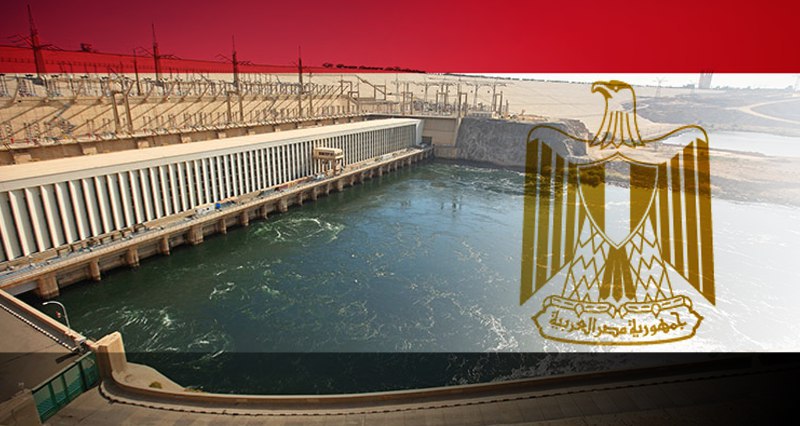
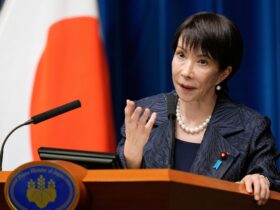


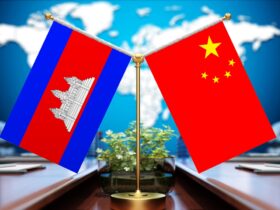

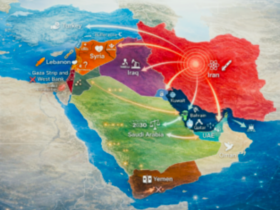
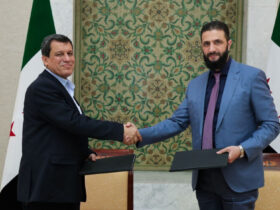


Leave a Reply